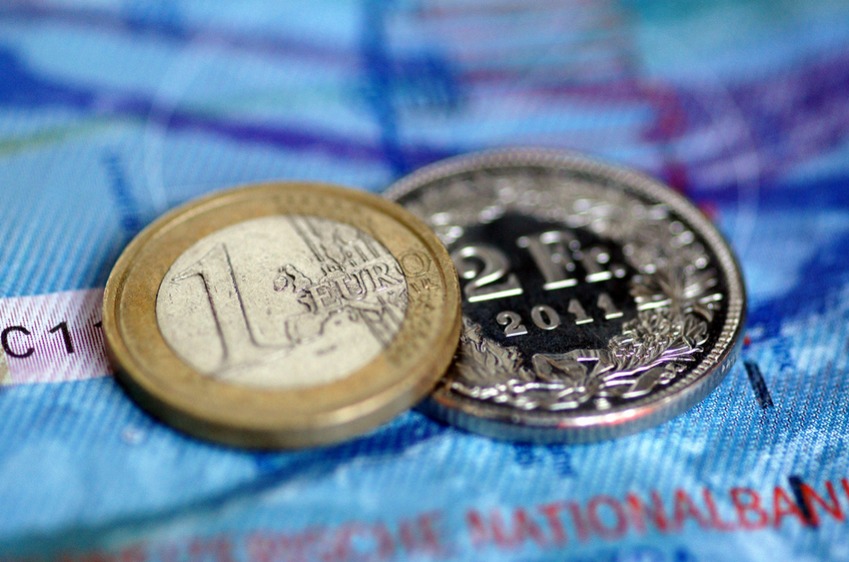After much speculation, the European Central Bank surprised on the upside and announced a program in late January to buy 60 billion euros of assets a month for at least 19 months.
Following the quantitative easing announcement, stock markets rallied and the euro depreciated further against the US dollar.

The surprising move by the Swiss National Bank to remove a floor on the trading range between the Swiss currency and the euro led to a strengthening of the Swiss franc against all major currencies.
The move ended the US dollar’s non-stop appreciation over the last year.
Greek exit?
The positive impact of the ECB stimulus package on markets was short-lived and, after the election of the left-wing government in Greece, the markets are weighing up the risks of Greece defaulting on debt or even Greece exiting the Eurozone.
In my opinion, such a doomsday scenario might have contagion effects on the global financial sector even larger than that of the Lehman Brothers bankruptcy in 2008.
The growing uncertainty makes us especially cautious about the global financial sector, including the banking stocks.
America’s largest banks have exposure to European debt and may be affected by a contagion to countries such as Italy and France.
U.S. exposure
The U.S. banks’ exposure to the Greek debt has been also increasing since 2012, after being trimmed following the initial Greek debt crisis.
According to estimates by the Bank for International Settlements, the consolidated risk exposure of the US banks to Greek debt amounted to around $8 billion in 2014.
While the Greece issue is on backburner, the oil price continued its downward trend in January, reducing the inflation rates across the globe.
It remains to be seen if the US economy can continue to grow on its own while the rest of the world has been slowing down.
Deflation risk
In my opinion, the strength of the dollar and low oil price raises the deflation risk also for the US economy.
Given these developments, a rate hike by the US Federal Reserve in the first quarter seems unlikely, and the rate increase might be delayed till the second half of the year.
In emerging markets, a mixed picture seems to be emerging. While the Chinese economy shows early signs of cooling, Indian growth seems to be on course.
We believe that in the next few years, growth acceleration in India might take over China.
Rising consumer demand and imports are likely to be favorable for sectors such as health care, benefitting U.S. pharmaceutical and biotech stocks.
In January, we made no change to our portfolio positions.
Photo Credit: Martin Abegglen via Flickr Creative Commons
DISCLAIMER: The investments discussed are held in client accounts as of January 31, 2014. These investments may or may not be currently held in client accounts. The reader should not assume that any investments identified were or will be profitable or that any investment recommendations or investment decisions we make in the future will be profitable. Past performance is no guarantee of future results.

